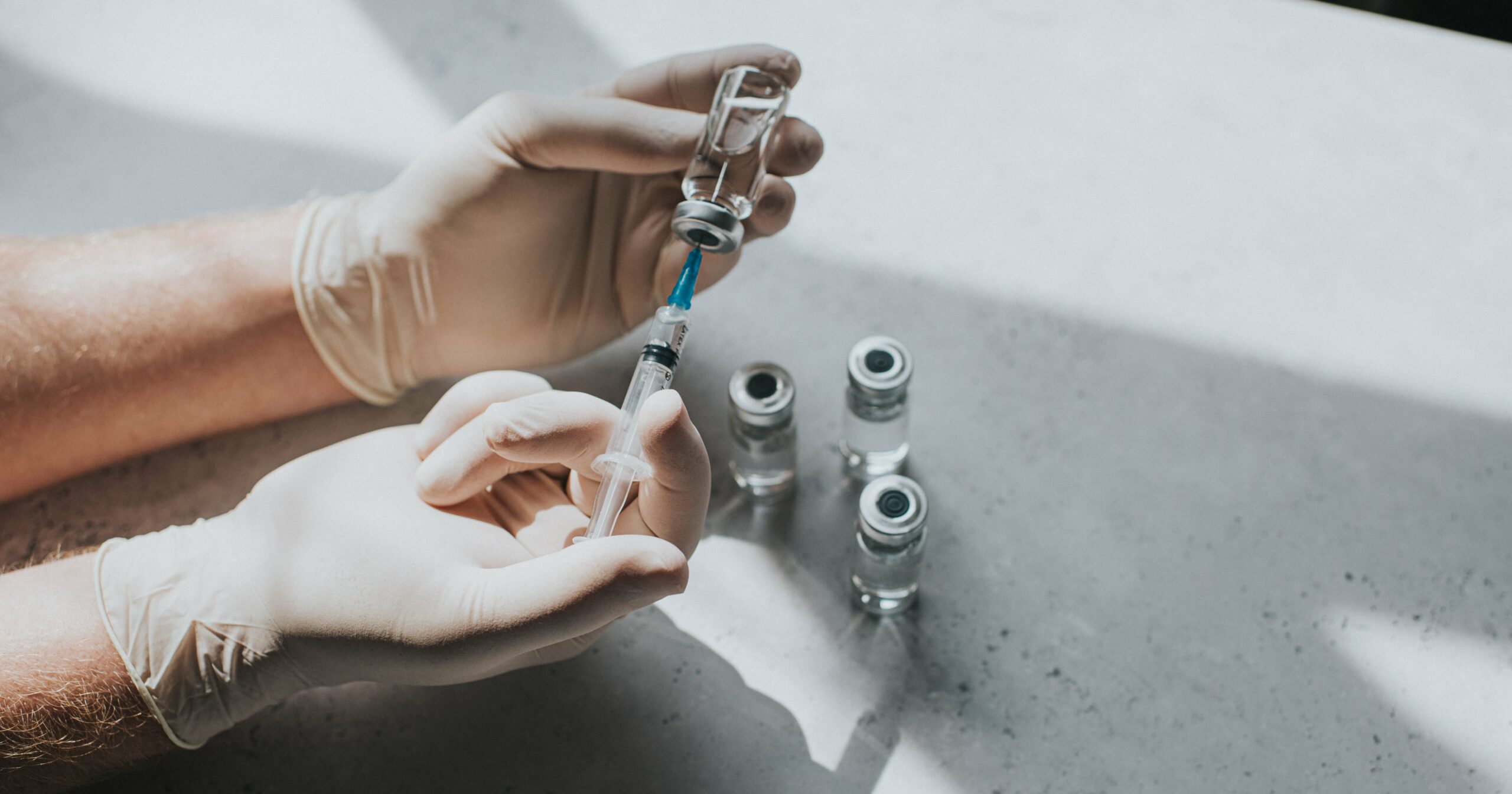Big news in the world of infectious disease: Mpox is back. The World Health Organization (WHO) has declared the recent spread a global health emergency as cases have been surging in the Democratic Republic of Congo (DRC) and other parts of Africa. While cases in the US remain low, there are certain populations who are more at risk (more on that later!).
If you’re hoping to get a mpox vaccine or simply what to know what your options are, the following info will help you understand everything you need to know about getting vaccinated against mpox.
Which Vaccines Protect Against Mpox?
There are two FDA-approved vaccines originally used to treat smallpox, now currently available for mpox: JYNNEOS (also known as Imvamune or Imvanex) and ACAM2000. Even though it’s not the exact same virus, the smallpox vaccines can indeed protect people from getting mpox; past data suggests that the smallpox vaccines are at least 85 percent effective in preventing mpox.
There’s a larger supply of ACAM2000 available in the US compared to JYNNEOS, but the CDC does not recommend the ACAM2000 vaccine for those who have a weakened immune system, eczema or other exfoliative skin conditions, heart disease, or those who are pregnant or breastfeeding. Additionally, if you’re living with anyone who falls under those categories (and cannot isolate from them), the CDC notes that you should not receive the ACAM2000 vaccine. That’s because the vaccine contains a live virus called vaccinia, which can spread to other people from the vaccine site, according to the New York State Department of Health.
For JYNNEOS, the primary vaccine administered in the US, two shots are necessary and the FDA recommends a 28-day, or 4 week wait period between doses. After the second shot, you’ll reach maximum immunity at 14 days.
For ACAM2000, there is only one shot, but it requires multiple punctures and maximum immunity is reached after 4 weeks. There’s also a third mpox vaccine, Japan’s LC16, which has traditionally been approved solely for domestic use. But it will be deployed in Africa along with Jynneos. This vaccine is administered in the same way as ACAM2000.
Who Should Get an Mpox Vaccine?
“Mpox vaccines are currently only recommended for people who’ve been exposed to, or are likely to be exposed to, mpox,” the Cleveland Clinic States. But how do you know if you’re considered “higher risk”? According to the Clinic, that includes people who have:
- Been in close contact with someone with mpox.
- Had sex with someone in the past two weeks who has been diagnosed with mpox.
- Had sex at a sex at a commercial sex venue in the past six months.
- Had sex at an event where mpox was spreading.
- A sex partner who’s been in any of the above situations.
- You expect to be in one of the above situations.
If you’re a man who has sex with men, a transgender person or a nonbinary person, you may also be at risk if you’ve been diagnosed with one or more sexually transmitted infections (STIs) in the past six months or have had sex with more than one person in the past six months.
Where Get Vaccinated for Mpox
If you fall into one of the above categories and are concerned about your exposure, talk to your doctor, visit a clinic, or search for mpox vaccine providers in your area to learn more about which vaccines are available to you.




